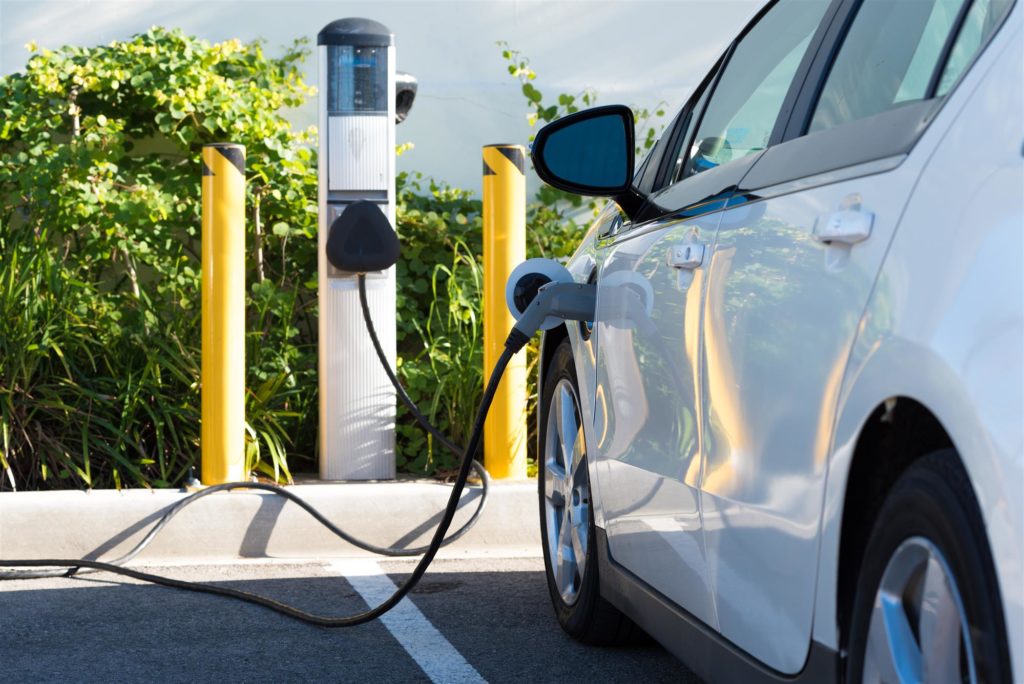Policy to increase electric vehicle production plants
THE Government is working with local private companies in setting up electric vehicle (EV) production plants in Zimbabwe, as provided in the National Development Strategy (NDS 1), which is expected to propel the country towards Vision 2030.
The Ministry of Energy and Power Development has since submitted a policy framework and road map for Zimbabwe e-Mobility to the Government for evaluation.
The policy document seeks, among other issues, to address the transport challenges in the country, including sustainable development goals (SDGs), which will reduce the negative impacts of climate change and ensure sustainable development.
Private sector companies are working closely with the Government and line ministries in setting up e-vehicle plants in Harare and this is expected to create significant employment.
Three EVs assembly plants have already been established in Harare by Build Your Dreams Zimbabwe (BYD), ZimTorque and Brad-Tech.
Electric vehicles are in the long run anticipated to significantly reduce the country’s fuel import bill.
On the part of the Government, an electric vehicles (EVs) development policy framework is expected to be ready by early 2022.
Director Energy Conservation and Renewable Energy in the Ministry of Energy and Power Development Dr Sosten Ziuku said the Ministry was working on an electric vehicles policy document to improve transport, fuel costs, and issues around import duty.
“Government has since embarked on the drafting of a framework on E-Mobility, which is now at an advanced stage and expected to be ongoing by 2022,” he said adding that this will propose incentives on how best to promote uptake, investment, and awareness of emobility according to globally acceptable standards.
Apart from setting up the manufacturing plants in Zimbabwe, the companies will also invest in charging stations across the country with over 700 jobs expected to be created.
“The e-mobility framework shall outline the facets that will create a conducive environment for the growth of the industry which includes the technical, economic, financial, and institutional processes,” added Dr Ziuku.
Principal technician for energy conservation and renewable energy Onest Kwiridzanai added that the assembly plant of the electronic vehicles in Harare was due to its advantage of abundant lithium deposits.
“The assembly plant of the EVs in Harare has also become a major attraction due to its abundant lithium deposits which are a critical component in the manufacturing of batteries for vehicles,” he said.
Engineer for Mobility for Africa Trust Hilton Chingosho said they are getting ready for the next stage of policy transition that will ensure that EVs are a game-changer in the transport system.
“As the country, we are getting ready for this transition by ensuring that we have the policies and frameworks in place which will address issues to do with the value chain for the EVs.
“This will complement the digital industry that the Government is also pushing to achieve in its vision 2030 which also outlines cutting emissions by 40 percent,” he said.
As a way of promoting the technology, the Government through CMED has purchased some vehicles to be used for hiring.
Zimbabwe Energy Regulatory has also a vehicle it uses for showcasing during their dayto-day errands as well as during exhibitions and also approximately 20 individuals who have bought the vehicles for personal use.
Government has prioritised investments in the EVs sector as part of its contribution to the fight againstglobal warming caused by carbon emissions from the use of fossil fuels and to reduce carbon dioxide emissions.-The Herald











